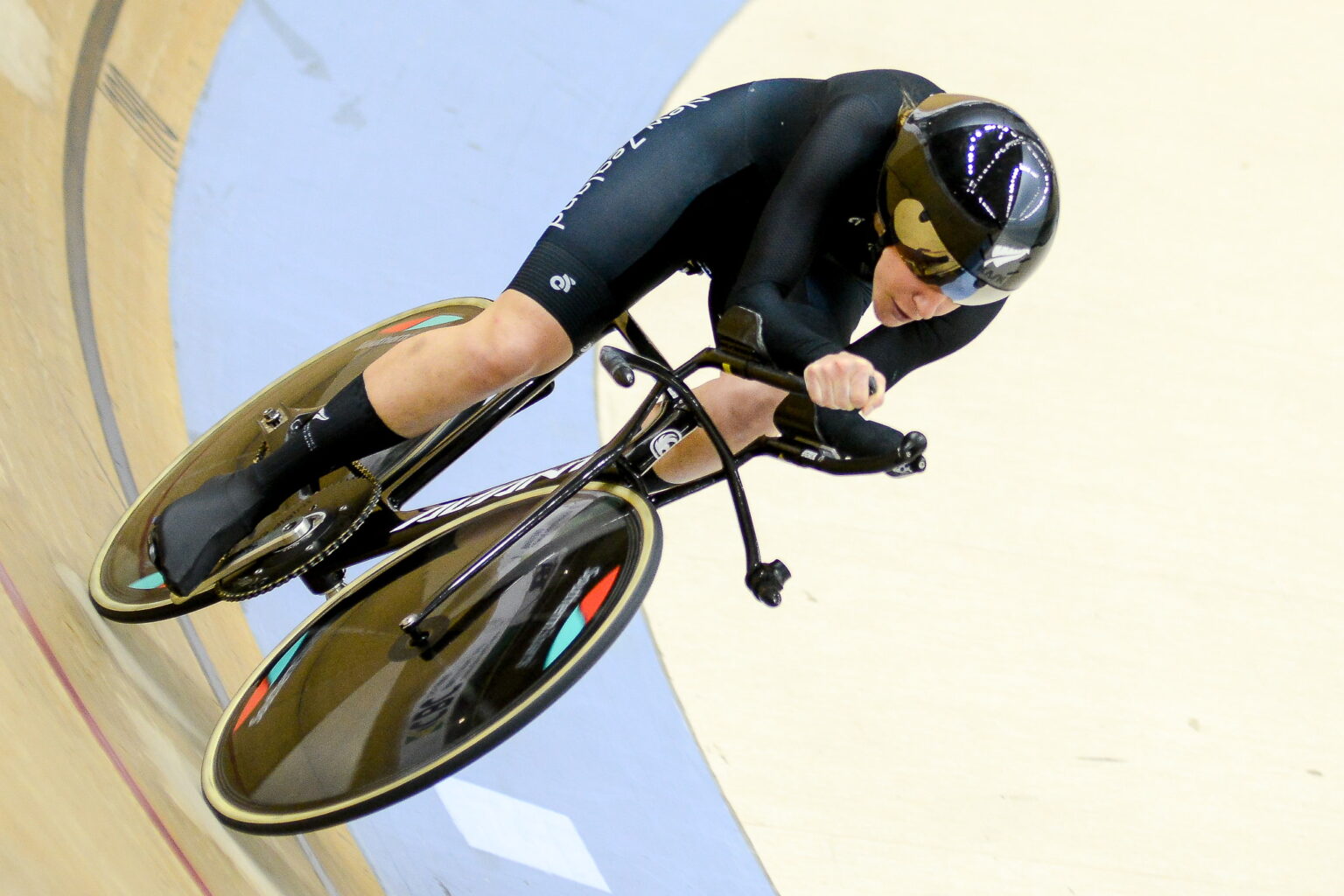The summer Paralympic Games serve as a monumental international sporting event specifically designed for disabled athletes. Held every four years following the summer Olympics, these games showcase the incredible skill, determination, and athleticism of participants from around the globe. Governed by the International Paralympic Committee (IPC), the Paralympics have grown in both scope and significance since their inception, offering an inspiring testament to the power of human potential and perseverance.
The Paralympic Movement: Founding Principles and Evolution
The Paralympic Movement was born out of a desire to provide equitable sporting opportunities for athletes with disabilities. Originally conceived by Sir Ludwig Guttmann, a pioneering neurosurgeon, the first organised competition for disabled athletes took place in 1948 alongside the London Olympics. Known as the “Stoke Mandeville Games,” this event laid the foundation for what would become the modern Paralympic Games.
Over the years, the Paralympics have evolved significantly. From humble beginnings with only a few sports and participants, the games have expanded to feature a diverse array of disciplines and attract thousands of athletes from across the world. The IPC has played a crucial role in this evolution, working tirelessly to promote inclusivity, accessibility, and excellence in sports.
Sports in the summer Paralympic Games
As of the latest edition, there are currently 22 sports in the summer Paralympic Games. This number has changed over time as new sports are added and others are removed. For instance, archery and rowing joined the Paralympic roster in 1960, while Wheelchair basketball made its debut in 1968. Below is an overview of some of the most popular sports featured:
Popular Sports
- Para athletics: One of the most diverse sports in terms of events and classifications, athletics includes track and field events adapted for athletes with various disabilities.
- Para swimming: Offering a wide range of events, swimming is celebrated for its inclusivity and the level of competition it brings.
- Wheelchair basketball: Known for its fast pace and intense competition, wheelchair basketball is a fan favourite.
- Boccia: A precision ball sport similar to bocce, boccia is uniquely designed for athletes with severe physical disabilities.
- Goalball: Exclusively for visually impaired athletes, goalball involves teams of three trying to score by throwing a ball with bells into the opposing team’s goal.
- Para judo: Adapted for visually impaired athletes, judo in the Paralympics maintains all the strategic depth and excitement of its Olympic counterpart.
- Shooting Para sport: Precision and control are key in shooting events, which include air rifle and pistol competitions.
- Sitting volleyball: Faster-paced than traditional volleyball, sitting volleyball is adapted for athletes with lower limb impairments.
- Para table tennis: Featuring both singles and team events, table tennis is another highly competitive sport within the Paralympics.
- Wheelchair rugby: Known colloquially as “murderball” due to its physicality, wheelchair rugby is a thrilling and tactical sport.
Lesser-Known Sports
In addition to the well-known sports, the Paralympics also feature unique disciplines that cater specifically to athletes with disabilities:
- Para canoe: Introduced in 2016, Para canoe challenges athletes in both sprint and slalom events.
- Para triathlon: Combining swimming, cycling, and running, Para triathlon tests the endurance and versatility of its competitors.
Notable New Zealand Paralympic Athletes
New Zealand has produced several exceptional Paralympic athletes who have made significant contributions to the games:
- Dame Sophie Pascoe: A swimmer who has won multiple gold medals, Dame Sophie is one of New Zealand’s most decorated Paralympians.
- Liam Malone: Known for his remarkable performances in athletics, particularly in the 100m and 200m sprints, Liam has earned numerous accolades.
These athletes exemplify the diversity and skill present within the Paralympic Games, showcasing the heights that can be achieved through dedication and hard work.
Impact on Global Perception and Sports Landscape
The Paralympic Games have had a profound impact on global perceptions of disability. By highlighting the extraordinary talents and achievements of athletes with disabilities, the games challenge stereotypes and promote a more inclusive society. They have also influenced broader sports landscapes, encouraging the development of adaptive sports programs and increasing the visibility of disability sports within mainstream media.
Moreover, the Paralympics inspire millions of people around the world, demonstrating that physical limitations do not diminish one’s potential for greatness. This shift in perception helps foster a more accepting and supportive environment for disabled people, both within and outside the realm of sports.
The Future of the Paralympic Movement
As we look to the future, the Paralympic Movement faces both exciting opportunities and significant challenges. The ongoing evolution of the games, including the introduction of new sports such as Para badminton and Para taekwondo in 2020, reflects a commitment to growth and innovation. However, issues such as funding, accessibility, and recognition continue to pose challenges that must be addressed to ensure the sustained success of the Paralympic Games.
Efforts to expand the reach and impact of the Paralympics require collaboration between the IPC, national sports organisations, governments, and the private sector. By working together, these stakeholders can create an environment where athletes with disabilities have the resources and support needed to excel.
Conclusion
The summer Paralympic Games are a testament to the power of human potential and the importance of inclusivity in sports. With 22 diverse sports and a rich history of evolution and growth, the Paralympics offer an inspiring celebration of athleticism and determination.
Supporting and celebrating the Paralympic Games not only honours the achievements of these incredible athletes but also promotes a more inclusive and equitable society. As we continue to witness the evolution of the Paralympic movement, it is crucial to recognise and support the transformative impact it has on the world of sports and beyond.
For more information on the Paralympic Games and to stay updated on future developments, visit the International Paralympic Committee and explore the official Paralympic Games resources.
So, how many sports are in the summer Paralympic Games? The answer is 22, each offering a unique opportunity to witness the extraordinary talents and resilience of athletes from around the world. Let’s continue to support and celebrate the Paralympics, fostering a spirit of inclusion and excellence in sports.
As we countdown to the next instalment of the summer Paralympic Games in Paris 2024, make sure you follow us for the latest news, team announcements and of course, all the results from the 22 sporting disciplines on display at the Paris 2024 Paralympic Games.






























